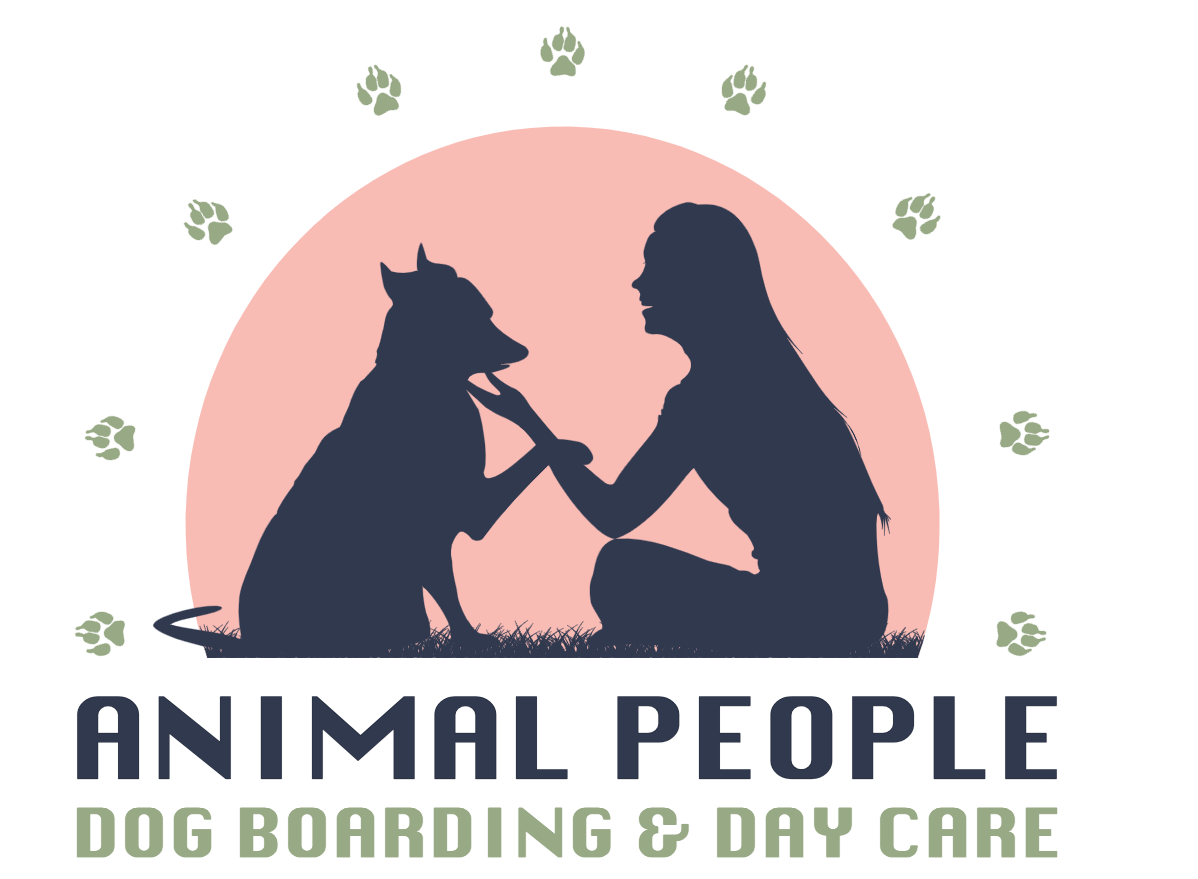How Overnight Boarding Affects Your Dog’s Dreams – A Look into Canine Sleep Patterns

Dogs dream, just like we do. But have you ever wondered what happens to their dreams when they spend the night at a boarding facility? A cozy bed at home is one thing, but a new environment, different sounds, and unfamiliar scents could all play a role in shaping their sleep—and their dreams. Some dogs might doze off peacefully, while others could have a more restless night.
The question is, how does overnight boarding actually affect their sleep cycles? Do they dream more? Less? Differently? Science has been digging into canine sleep patterns, and the results might surprise you. Whether your pup snoozes soundly or tosses and turns, understanding how boarding impacts their sleep can help you make better choices for their comfort.
How does overnight boarding influence canine sleep cycles?
Overnight boarding can influence canine sleep cycles in various ways, depending on the environment, routine, and the dog’s temperament. Here’s how:
- Disruption of Sleep Patterns:
- Unfamiliar Environment: Being in an unfamiliar setting can cause anxiety or excitement, leading to disrupted sleep cycles. Dogs may experience more light sleep or become restless as they adjust to the new environment.
- Increased Noise Levels: Noises from other animals or the surrounding environment can affect a dog’s ability to relax fully, interrupting their sleep cycle and preventing them from reaching deep, restorative sleep.
- Adjustment to Routine:
- Consistency in Care: A well-structured boarding facility that maintains a consistent playtime schedule, meals, and quiet time can help stabilize a dog’s sleep cycle. Dogs thrive on routine, and this consistency encourages better rest.
- Mental and Physical Stimulation: Engaging in physical activities and socializing with other dogs during the day can help tire the dog out, making it more likely to enter deep sleep at night.
- Improved Sleep Over Time:
- Adaptation: Many dogs adjust to their boarding environment over time, allowing them to enter a more regular and restful sleep cycle. Familiarity with the setting and the staff can lead to a more comfortable sleeping pattern.
While overnight boarding can initially disrupt a dog’s sleep cycle due to new stimuli, proper care, routine, and time can help restore a healthy sleep pattern, ensuring that dogs get the rest they need for their well-being.
What are the different sleep stages dogs experience during boarding?
Dogs experience similar sleep stages to humans, even during overnight boarding. Understanding these stages helps highlight how boarding can affect their rest:
- Stage 1 – Light Sleep (NREM):
- In this early stage, dogs are relaxed but still aware of their surroundings. This is when dogs may show twitching or slight movements in response to external stimuli like noise or movement in the boarding facility.
- Stage 2 – Deep Sleep (NREM):
- Dogs enter a deeper sleep phase, during which muscle relaxation occurs, and they are less responsive to their environment. This is the restorative stage, aiding physical recovery.
- Stage 3 – REM Sleep:
- During REM (Rapid Eye Movement), dogs experience the most vivid dreams. Their brain activity increases, and you may notice eye movements or paw twitches. This stage is essential for memory consolidation and emotional processing.
- Stage 4 – REM and NREM Cycle:
- Dogs cycle between these stages throughout the night. In boarding environments, disturbances may affect how deeply they reach REM sleep, but with a consistent routine, they can adapt to a restful cycle over time.
By understanding these stages, boarding facilities can create environments that foster better rest for dogs.
Can changes in the environment affect a dog’s dream patterns?
Yes, changes in the environment can affect a dog’s dream patterns, as their sleep cycles and overall rest can be influenced by external factors. Here’s how environmental changes impact their sleep and dreams:
- Increased Anxiety: In a new environment, like a boarding facility, dogs may experience heightened anxiety due to unfamiliar smells, sounds, or surroundings. This anxiety can cause them to remain in lighter stages of sleep, making it harder for them to reach REM sleep, where dreams occur. This can disrupt their normal dream patterns.
- Noise and Activity: Noises from other dogs or the surrounding environment can interfere with a dog’s ability to enter deep sleep. Constant movement or unfamiliar sounds might cause them to wake up frequently, leading to fragmented sleep cycles and reduced REM sleep, which can affect dream patterns.
- Temperature and Comfort: If the boarding facility is too hot, cold, or uncomfortable, it can cause physical discomfort, preventing dogs from entering a deep, restful sleep. Discomfort can also reduce the quality of sleep, leading to less time spent in REM sleep and impacting dogs’ dreams.
- Routine Disruptions: A lack of familiar routines, such as feeding and walking schedules, can disrupt a dog’s sleep-wake cycles. This can prevent the dog from feeling secure enough to relax fully and enter REM sleep, impacting its dream patterns.
Providing a comfortable, consistent environment can minimize these disruptions, helping dogs get the restorative sleep they need, including healthy REM sleep for dreaming.
Why do some dogs sleep more or less when staying overnight at a boarding facility?
Some dogs may sleep more or less when staying overnight at a boarding facility due to various factors, including stress, stimulation, and environmental changes. Here’s why:
- Increased Anxiety or Stress:
- Separation Anxiety: Dogs may feel anxious being away from their owners, leading to restlessness and difficulty falling asleep. Anxiety can also cause dogs to sleep less, as they remain alert to unfamiliar surroundings.
- Change in Environment: The unfamiliar environment, including new smells, sounds, and other animals, can contribute to stress and discomfort. This can cause dogs to be more alert and sleep less, especially during the initial days.
- Increased Stimulation:
- Social Interaction: Some dogs may have increased playtime or interaction with other dogs, making them more energized and less likely to rest. High energy levels and excitement can reduce time spent in deeper sleep stages.
- Noise: Noise from other dogs barking or the sounds of the facility can interrupt sleep cycles and prevent dogs from reaching deep, restorative sleep stages.
- Physical Activity:
- More Exercise: In some cases, dogs are more active during their stay, especially if the boarding facility includes outdoor playtime. Increased physical activity can lead to more or deeper sleep as they recover from the day’s activities.
- Health and Age:
- Older or ill dogs may need more rest, while younger or more active dogs might sleep less, even in a new environment, due to excitement or restlessness.
A combination of emotional, physical, and environmental factors can influence a dog’s sleep patterns while boarding, and each dog’s response will differ based on temperament and individual needs.
Improve Your Dog’s Sleep – Learn About Boarding!
Our facility is designed with your dog’s comfort and well-being in mind, ensuring they enjoy a restful night’s sleep while staying with us. We understand that environmental changes can affect your dog’s sleep patterns and dreams, so we provide a calm, secure atmosphere that reduces anxiety. Your dog will feel right at home with personalized care, regular routines, and plenty of exercise.
Contact Animal People Dog Boarding & Day Care today and give your pet the best overnight experience!
